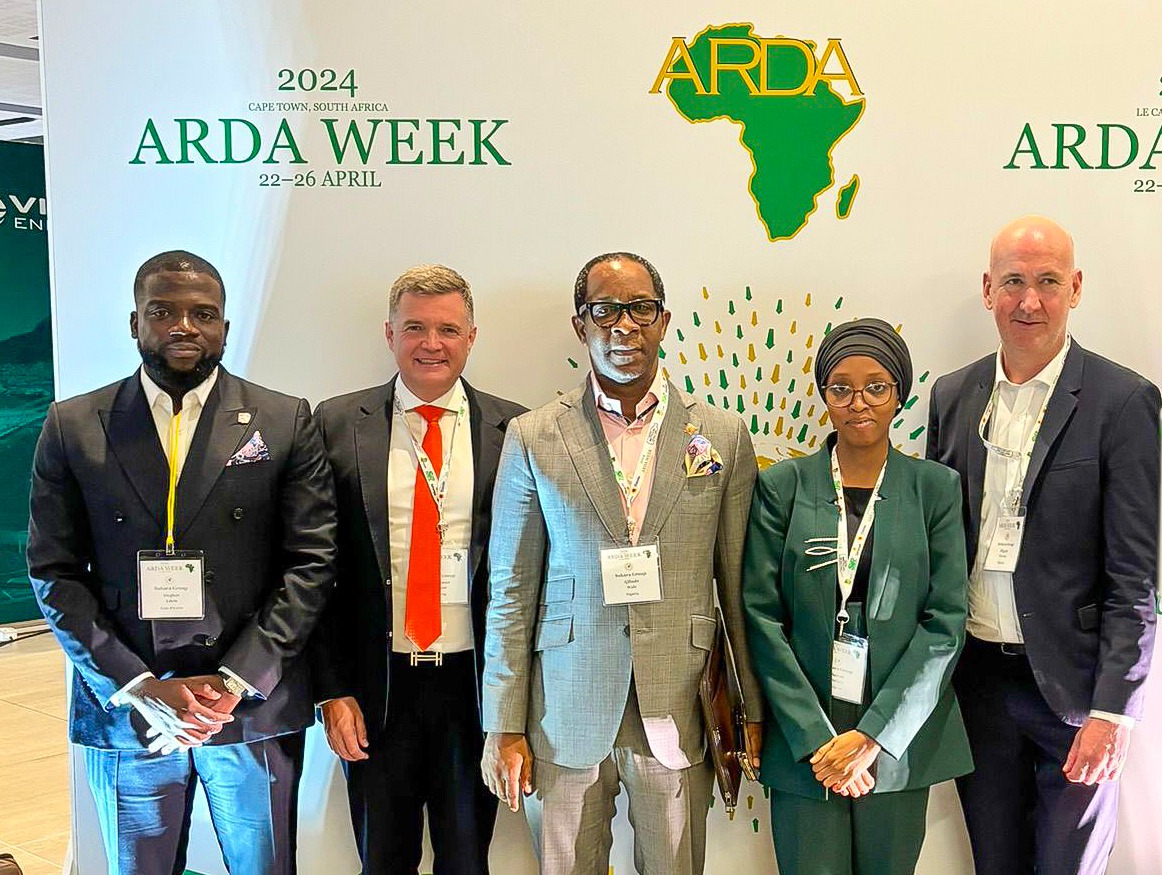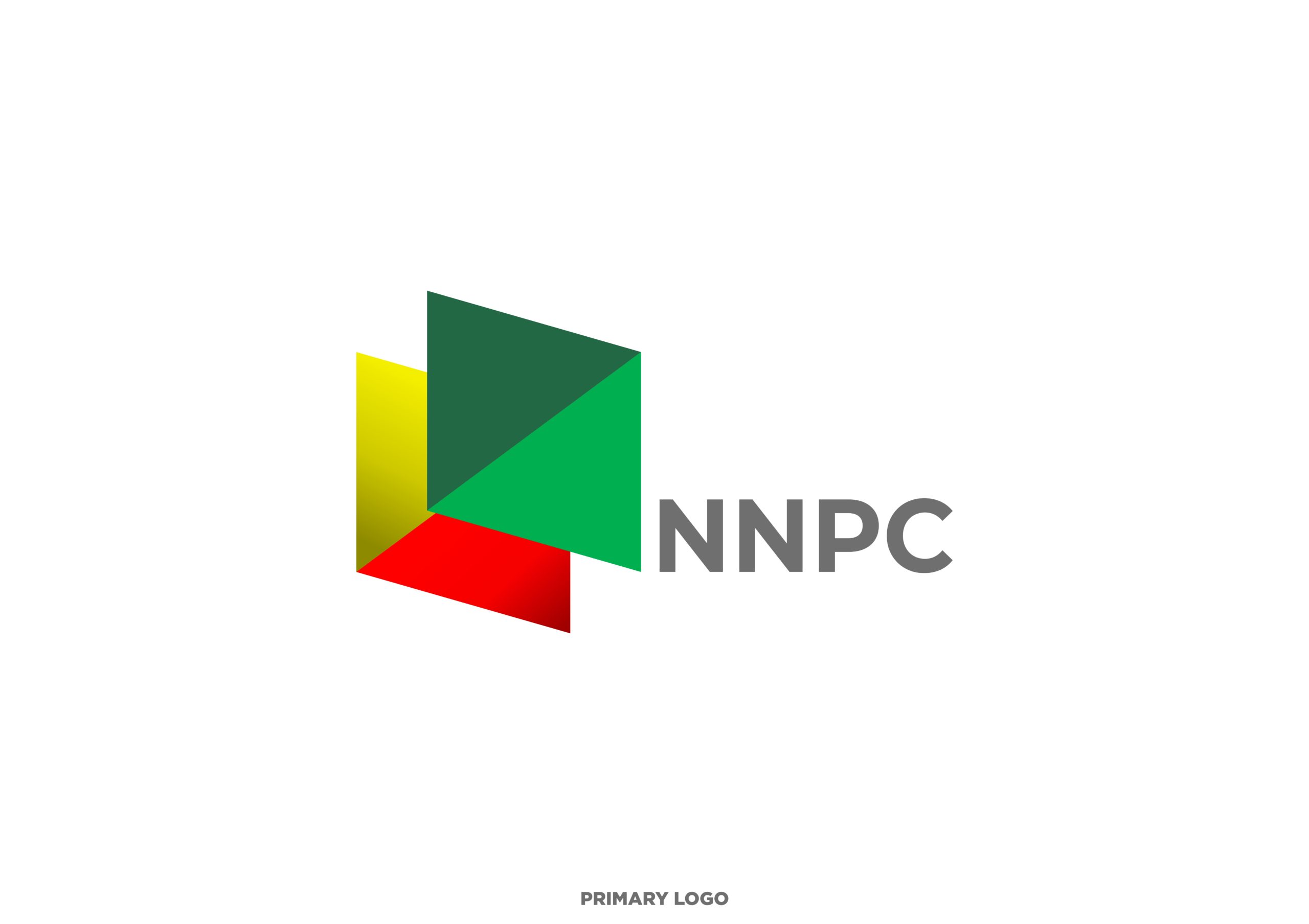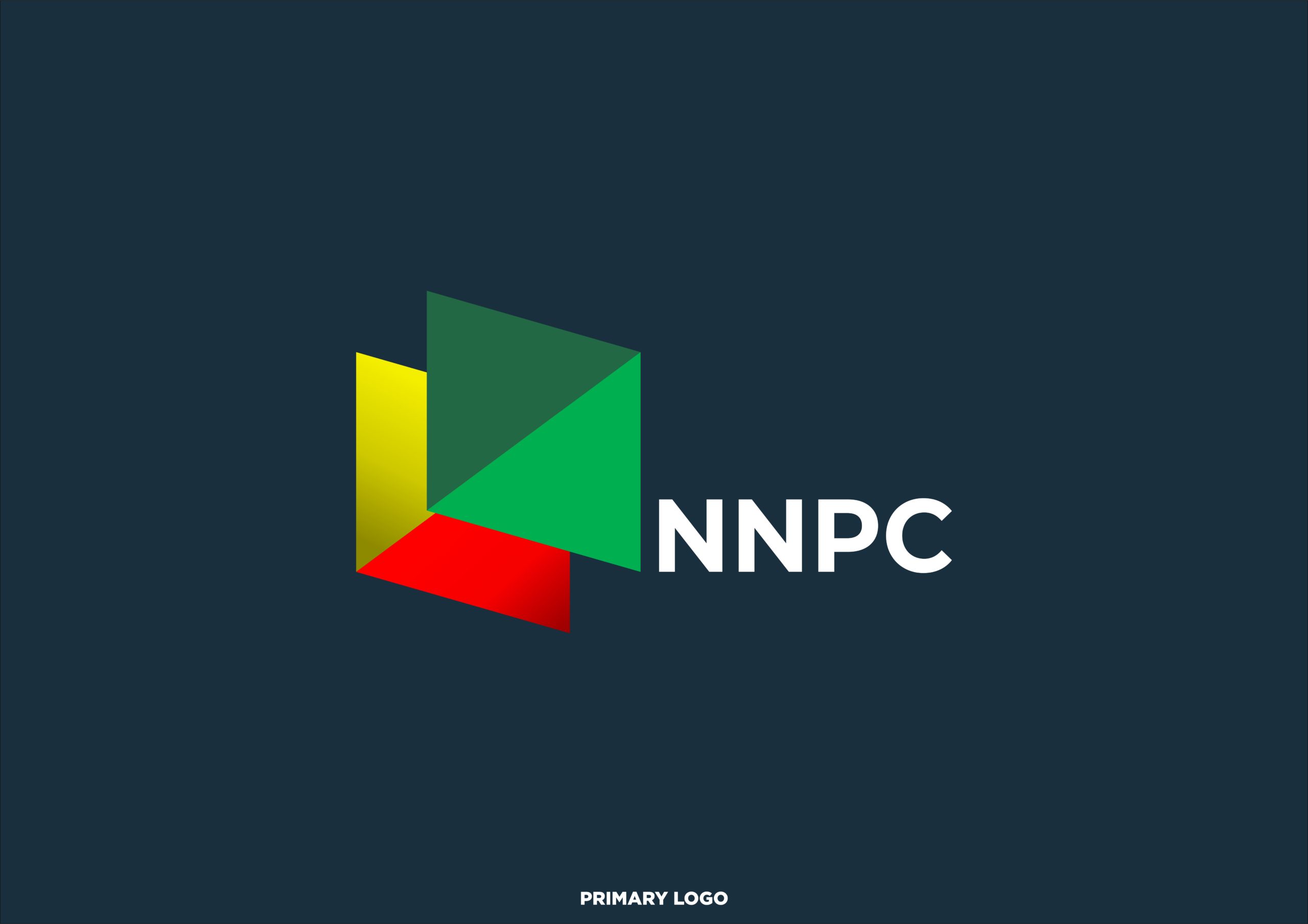Energy
NCDMB Parleys Chevron, Recommits To Fast-Track Approvals of Oil Industry Projects
The Nigerian Content Development and Monitoring Board (NCDMB) has restated its commitment to accelerated approvals of requests and documents submitted to it by operating oil and gas companies.
The goal, according a statement from the NCDMB was to ensure speedy development of oil and gas projects and contribute to increased oil production and improved national economy.
Biztellers reports that Executive Secretary NCDMB, Engr. Felix Omatsola Ogbe gave the assurance on Friday at the Nigerian Content Tower, Yenagoa, Bayelsa State when he received senior officials from Chevron Nigeria Limited led by the Deputy Managing Director, Cosmas Iwueze.
The ES conveyed the Board’s willingness to improve on the timelines set by the Service Level Agreement (SLA) instituted by the Board, Nigerian National Petroleum Company Ltd (NNPC Ltd) and international oil companies for shortening the contracting cycle for oil and gas projects.
He reiterated his proposal for the setting up of technical working groups (TWGs) between the representatives of the NCDMB and respective international oil firms.
The working groups could meet monthly or quarterly to evaluate the companies’ expectations from the NCDMB on their projects. The intent, he explained is “to resolve contentious issues, close all the gaps and come to an agreement before the official correspondences are received. That will ensure quick turn-around and approvals will be dealt with quickly and that will help to cut downtime.”
Emphasising the need for all oil and gas companies to comply with the provisions of the Nigerian Oil and Gas Industry Content Development (NOGICD) Act, the ES promised that the Board will accede to cogent urgent requests from companies to avoid delays that could cause costs overruns, impact negatively on oil and gas operations and the economy at large.
He encouraged the companies to see the NCDMB as partners in progress, adding: “we want to create the enabling environment that will minimize conflicts with international oil companies (IOCs) and attract investments into the sector.
“We want to create employment opportunities for our youths and help achieve the economic objectives of President Bola Tinubu. We want to make international oil companies comfortable and reverse the exit of foreign investors because they create jobs, and we need all hands on the deck.”
Ogbe revealed that he had long and successful career with Chevron Nigeria and remarked that the hallmark of the company was teamwork.
He noted that the NCDMB operates with the same core value, hence the Board is determined to support oil companies to accomplish their operational goals. “We have to make sure that you succeed otherwise we will not be successful,” he added.
The ES confirmed that NCDMB under his watch would not emphasise the use of sanctions, rather would seek to dialogue with companies to achieve win-win situations.
“We will be flexible regarding your requests, but we all need to have open minds and look at the critical paths that will ensure that we make progress and produce effectively,” he said.
Contributing, the Director, Planning Research and Statistics, NCDMB, Isaac Yalah, commended Chevron Nigeria for supporting the Board’s development of the Nigerian Content Research Centre of Excellence at the Federal University of Technology Akure (FUTA), in Ondo State.
He affirmed that the Board will continue to collaborate with Chevron on other projects and would address any issues relating to requests for expatriate quota approvals.
Responding, Iwunze commended the ES for adopting the mantra of collaboration and pushing to increase crude oil production in Nigeria.
He highlighted the importance producing crude oil at competitive costs, noting that the primary aspiration of oil companies and the Federal Government is to ramp up Nigeria’s crude oil production volumes and shore up the revenue accruing to the national coffers.
The Deputy Managing Director emphasised the need to incentivise investments in the oil and gas sector. He explained that international oil and gas companies in Nigeria compete for capital with their sister operations in other oil producing nations.
He said, “The capital we need for big oil and gas investments is domiciled with global investors. We need to always present Nigeria as an investor friendly destination where people can come and do business.”
He also confirmed that the company was working on some major projects, relating to deepwater and Escravos gas-to liquids (EGTL) and he looked forward to receiving the Board’s support and collaboration when the projects come for consideration and approvals.
Energy
Sahara Group Urges More Refining, Storage To Boost Africa’s Downstream

Inadequate refining capacity, insufficient storage, and impeded product movement across Africa are the three major impediments slowing the growth of the continent’s downstream oil sector, Wale Ajibade, Executive Director, Sahara Group has said.
Ajibade expressed his views in a paper “Africa Downstream Market Developments and Forecast” presented at the recently concluded Africa Refiners and Distributors Association (ARDA) Week 2024 in Cape Town, South Africa.
He maintained that addressing these gaps would transform Africa’s downstream petroleum industry.
Biztellers reports that the ARDA Week 2024 is Africa’s foremost gathering of stakeholders in the downstream oil industry.
Ajibade noted that shoring up the continent’s refining capacity was critical to sustaining efficiency, availability and accessibility in the sector.
He explained that as Africa explored ways of achieving hitch-free energy transition, efforts must be made to ensure optimisation of the sector’s value responsibly and collaboratively.
In his words, “Many African countries lack sufficient refining capacity to meet domestic demand, leading to heavy reliance on imports. This lack of self-sufficiency leaves these markets vulnerable to supply disruptions.
“Addressing this would require fresh investments and collaboration across the sector’s value chain.”
On insufficient storage infrastructure, Ajibade pointed out that this has continued to hamper the ability to maintain strategic reserves and ensure reliable supply during times of high demand or supply chain disruptions.
“In East Africa, shippers at Beira, Dar es Salaam and Mombasa — the key entry ports for refined products — are experiencing significant demurrage. Ageing and poorly maintained pipeline networks result in significant product losses and distribution bottlenecks,” he stated.
According to him, a collaborative solution which involves regulators, operators, investors, financial institutions, and government owned oil companies is required to help the African downstream sector to reach its full potential and provide reliable and affordable energy access to the continent’s growing population.
“Africa’s downstream Market leaders will need to work closely with her the various governments and agencies to carefully navigate the complex challenges through regulation and technology adoption while pushing for sustainable growth across Africa,” he added.
He also stated that the continent increasingly relied on imports of refined products to support consumption growth, primarily due to the underutilisation of existing refineries caused by technical issues.
He called for, “Investments in refinery upgrades, pipeline modernisation, and the construction of new storage facilities will be crucial to overcoming these challenges and unlocking the region’s energy security and economic development.”
Highlighting some positive trends in the sector, Ajibade said the African downstream market is experiencing rapid growth and transformation, driven by soaring energy demand, population growth, and the focus on industrialisation, urbanisation, and economic He explained that these would drive the demand for refined petroleum products, petrochemicals, and related downstream services is forecasted to grow by up to 30% by 2040.
“Africa is experiencing a lot of migration from rural to urban areas. In 2015, Africa had only six cities with more than five residents compared to 17 expected in 2030. Africa has experienced an increase in the number and capacity of industries across the continent, with industrial GDP set to double by 2025,” he said.
On the promotion of regional and cross-border trade, Ajibade noted that initiatives such as the African Continental Free Trade Area are promoting regional integration and facilitating cross-border trade in downstream products.
“This is encouraging investments in integrated downstream assets, logistical infrastructure, and harmonised regulatory frameworks to capitalise on the expanded market opportunities,” concluding that production of chemicals, plastics, lubricants, and specialty products would foster self-sufficiency and spur economic growth through increased job creation, reduced import reliance and enhanced technological innovation,” he added.
Energy
NNPC Ltd, Partner Unlock 12,000bpd Production From Awoba Unit Field

Keen on optimising production from the nation’s hydrocarbon assets to boost revenues and meet her OPEC production quota, the Nigerian National Petroleum Company Limited (NNPC Ltd.) and its Joint Venture partner in the Awoba Unit Field, Newcross Exploration and Production Ltd., have restarted production from the Awoba field which last contributed production to the Bonny Terminal in 2021 and was finally shut down in February 2022 due to evacuation issues and crude oil theft.
This was contained in a statement put out on the state oil company’s X handle on Tuesday from Abuja, under the signature of its Chief Corporate Communications Officer, Olufemi O. Soneye.
He asserted that since the restart of the Awoba field by NNPC Ltd and it partners on April 13, 2024; production from the field has averaged 8,000 barrels per day and is expected to plateau at 12,000 per day at full ramp up within 30 days.
Awoba is also expected to significantly boost gas supply to the power sector and other gas-based industries, Soneye added.
Biztellers reports that the Awoba Unit which straddles OMLs 18 and 24 is located in the mangrove swamp south of Port Harcourt, Rivers State. Both OML 18 and OML 24 assets are under the management of the NNPC Upstream Investment Management Services (NUIMS).
Recall that the NNPC Ltd. has been recording a string of production successes from the JV portfolio which have significantly lifted overall national production. Besides the recent start of production at the Madu Field by the NNPC Ltd/First E&P JV, the company has achieved the restart of production at OMLs 29 and OML 18 in late 2023 which have steadily contributed an average of 60,000bpd to the nation’s production output since their restart.
The Group Chief Executive Officer of NNPC Ltd., Mallam Mele Kyari, ascribed the achievement to the President Bola Ahmed Tinubu administration’s success in providing enabling operating environment for businesses to thrive.
He expressed appreciation to all stakeholders (staff, operators, host communities, government security agencies, and private security contractors) who played a pivotal role in achieving the feat.
Energy
NNPC Ltd, First E&P Achieve 20,000bpd Production At OML 85

The Nigerian National Petroleum Company Limited (NNPC Ltd) and its Joint Venture partner in OML 85, First Exploration and Petroleum Development Company Limited (First E&P), have commenced oil production from the asset also known as Madu Field.
Biztellers reports that production from the field which is located in shallow waters offshore Bayelsa State and operated by First E&P is expected to be at an average of 20,000 barrels per day.
The achievement is a testament to the commitment of the President Bola Tinubu administration to optimise production from the nation’s oil and gas assets through the provision of enabling environment for existing and prospective investors.
According to the Group Chief Executive Officer of NNPC Ltd, Mele Kyari, the commencement of oil production at the Madu Field is a significant milestone that will contribute to the larger goal of meeting the production required to drive revenue growth and boost the nation’s economy.
He commended stakeholders for their support, and opined that the addition of 20,000 barrels per day by an indigenous oil player signals the commitment of stakeholders to achieving economic development for Nigeria.
Recall that the Final Investment Decision (FID) on the development of the Madu Field and a sister field, Anyala, was taken by the NNPC Ltd/First E&P JV in 2018.
Production from the Madu Field will be processed at the JV’s Abigail-Joseph Floating Production Storage and Offloading (FPSO) Unit, which has a crude oil storage capacity of up to 800,000bbls.


















